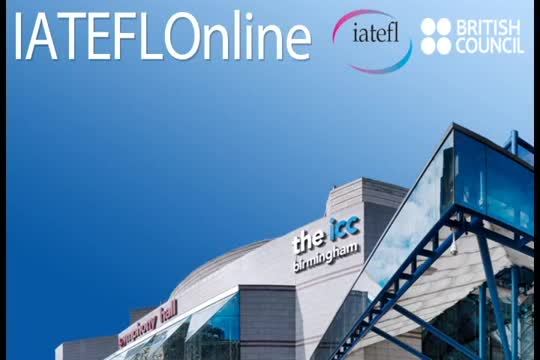
About the session
1966 and all that: A critical history of ELT
In this talk I would like to use the occasion of the 50th anniversary of the IATEFL conference to review some of the major developments in the teaching of EFL since the mid-sixties and in particular the advent of the communicative approach, including the ideological context from which it emerged, its initial promise, its dispersion, its dilution, its normalization and its discontents. I will interweave autobiographical detail throughout in order to illustrate some key landmarks in this narrative, while at the same time I will challenge the notion of progress and evolution, and suggest that the diversity of contexts, needs and traditions that ELT currently embraces repudiates the notion of method, and challenges such established orthodoxies as cookie-cutter pre-service training, global textbooks, uniform examinations and even the notion of a standard English itself. I will argue that one way of making sense of all this diversity is to situate ELT within the wider orbit of education generally, which might mean re-configuring EFL/ELT/ESL/TESOL as simply LE: language education.
About the speaker
Scott Thornbury has an MA (TEFL) from the University of Reading and is currently curriculum coordinator on the MA TESOL program at The New School in New York. His previous experience includes teaching and teacher training in Egypt, UK, Spain, and in his native New Zealand. His writing credits include several award-winning books for teachers on language and methodology, including About Language: Tasks for Teachers of English (Cambridge University Press), a second edition of which is in preparation. He has also authored a number of journal articles and book chapters on such diverse subjects as voice-setting phonology, corpus linguistics, speaking instruction, learner autonomy, ELT materials, educational technology, and embodied learning. He is series editor for the Cambridge Handbooks for Language Teachers.